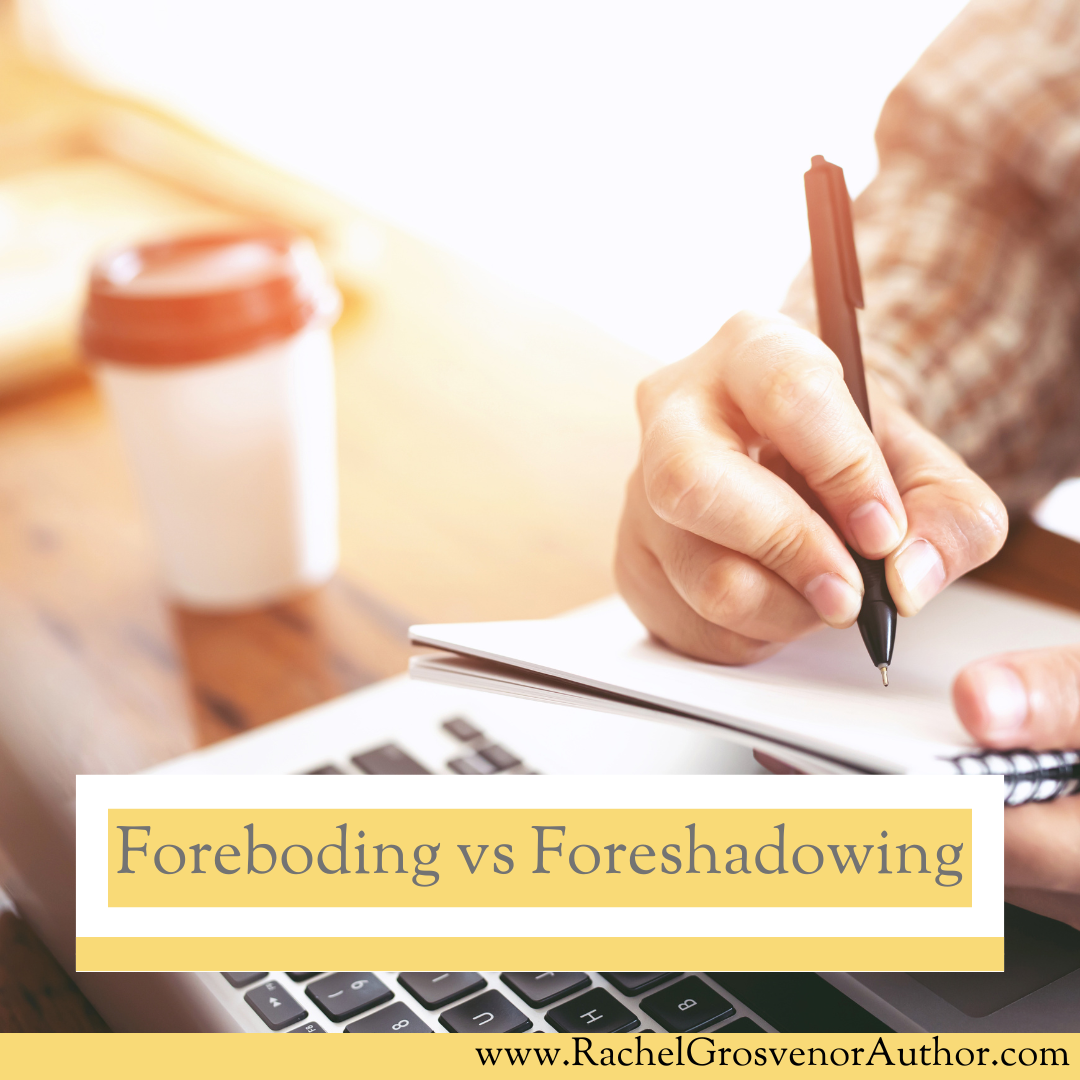I used to be scared to call myself a writer…
I used to think that if I said it aloud, whoever I spoke to would question me on it and ultimately call me out. Well, let me tell you, I’ve been owning my writer title for many years now, and not one person has done what I feared. I know I’m not alone either…
“I have written eleven books, but each time I think, ‘Uh oh, they’re going to find out now. I’ve run a game on everybody and they’re going to find me out.” – Maya Angelou
Imposter Syndrome is a tricky beast that lots of us are familiar with. Through my coaching, I have seen that it impacts so many writers in the community. It is the belief that one is not allowed to call themselves a writer or that they might be ‘found out’ as being a fraud. It can even disguise itself as a comparison with others. However, there are ways to address this thought pattern, and I’m going to let you in on the tricks I have used to squash my Imposter Syndrome! If you struggle with it too, read on, because with a bit of work and some reframing, you will be ready to claim your title of ‘Writer’ and stand tall!
Observe the Thought
So often, we feel our thoughts when they come to us without observation. This is like going and standing in the rain when it starts; you end up soaking wet and unable to distance yourself. Just because it rains, it doesn’t mean you are the rain. Just because you think you are unworthy of the title of ‘Writer’, it doesn’t mean you are unworthy. Next time you feel imposter syndrome, try taking a step back and observing the thought instead of feeling the thought. Answer the following question and observe:
What was the trigger that made you feel this way?
Reframing
Once you can acknowledge and observe the thought of Imposter Syndrome and the trigger that started it, it’s time to reframe that image. Ask yourself the following:
What would you say to someone in your position?
Remember that no one in the world has all the answers and that it’s okay not to know something, and it’s a great thing to educate yourself and step into a learning mindset. With that in mind, what’s wrong with someone else knowing more than you or having to learn something new? Absolutely nothing! Writing is an ongoing practice of education and a lifelong journey. Being on that journey does not mean that you are not a writer; it could just mean that you are at a different stage of learning from someone else. Reframe your thoughts of Imposter Syndrome as an acknowledgement of a learning opportunity.
Talk It Out
Talk to the people around you about how you feel, especially if you are having a hard time separating yourself from your feelings of Imposter Syndrome. Ever heard the phrase ‘A problem shared is a problem halved?’
So many people from all walks of life struggle with imposter syndrome. Share your thought process, your reframing practice, and what you learn with others. It’ll lighten both your and their loads.
Get Your Facts Straight
When you notice that Imposter sign flash across your thoughts, take a moment to think of the facts. Write down five things that you are proud of regarding your writer’s journey. It could be that you just finished a short story or gave somebody advice online. Whatever it is, these represent the reality of the writer you are. They are the facts. Be proud of what you have achieved so far, whether you have written a Haiku or an entire novel.
Visualise
Visualising your success as a writer is a powerful way to keep yourself focused. Close your eyes and think of your ultimate goal.
Ask yourself the following questions:
What will it feel like once you are there?
How will it look?
How will you stand and present yourself once you have reached your ultimate writing goal?
Feel all those amazing feelings and draw them into your body whenever you notice Imposter Syndrome sneaking in. Practice battling your doubts with your visualised confidence, and watch Imposter Syndrome lose the battle.
Stand Tall
Making ourselves physically larger, taking up space and owning our place in both the room and the world is a powerful way to build confidence. It’s proven to make us feel braver when we stand like a superhero – legs apart, hands on hips. Practice standing tall when you begin to feel concerned about your writer status. Take up as much space as you can with your body and breathe in deeply. For Imposter Syndrome, there is a powerful affirmation you can use while taking up your space.
Say it loud, and say it proud:
I AM A WRITER.











